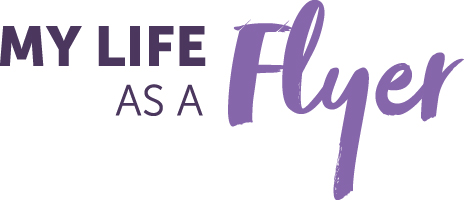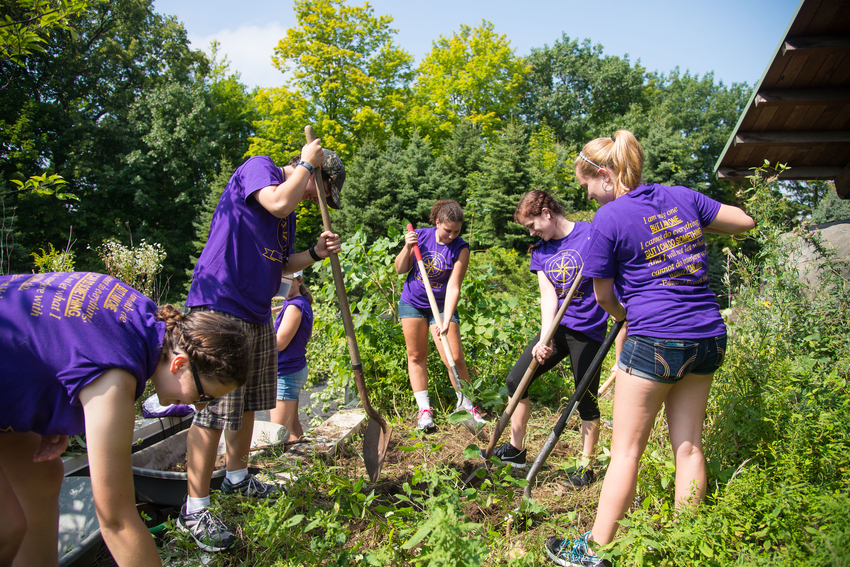This is the first post of my Civic Engagement series and I’ll be focusing on community service in the classroom. I’ve completed two service learning classes over the past few years and have greatly enjoyed the experiences. One of the classes had a one-day event where we worked with elementary students while the other was a semester-long project that benefited Rochester Refugee Resettlement Services.
- Elementary Nutrition Project: Sophomore year I took nutrition along with its corresponding lab. As part of my lab class, we were given an opportunity to teach elementary students about nutrition. For the project, we created an interactive game, which included an opportunity for students to pick up a cutout of a food and place it either on the healthy or unhealthy list. Once they were done, we explained to them why each food belongs to their respective list. In total, there were about 10 groups that presented projects to the students. Although this was a one-day community service opportunity, it felt great to give back and teach students about living a healthy lifestyle.
- Rochester Refugee Resettlement Services: In my management ethics class, the class divided into two groups to work with the community partner, one worked on finding houses for refugees and another worked on finding employment opportunities for them. My group, the employment group, developed a large 3’ X 5’ map for the organization and created a map legend over the course of the semester. The community partner let us know what skills refugees possessed and which industries they could easily work in. We researched as many companies in the industries as possible in the Rochester Community for the organization. From there, we put the name of the company, a description, and contact information on the map legend. At the end of the semester, we presented it to the organization so that they could keep the map and update it as refugee skill sets changed.
In-class service opportunities provide a different opportunity of community service. In other words, most people participate in community service opportunities that include cleaning or working in a soup kitchen, typically an extra set of hands for the organization. My in-class opportunities have allowed me to work with nonprofits on a business-level where my service provided an opportunity for the organization to grow. These experiences have helped me develop skills like thinking outside the box, critical thinking, collaboration, and adaptability. Be on the lookout for my next posts, including my internship at a nonprofit and an alternative spring break trip, on civic engagement!
Take a look at Jenn’s other posts in the Civic Engagement Mini-Series about interning at a non-profit and alternative spring breaks.

